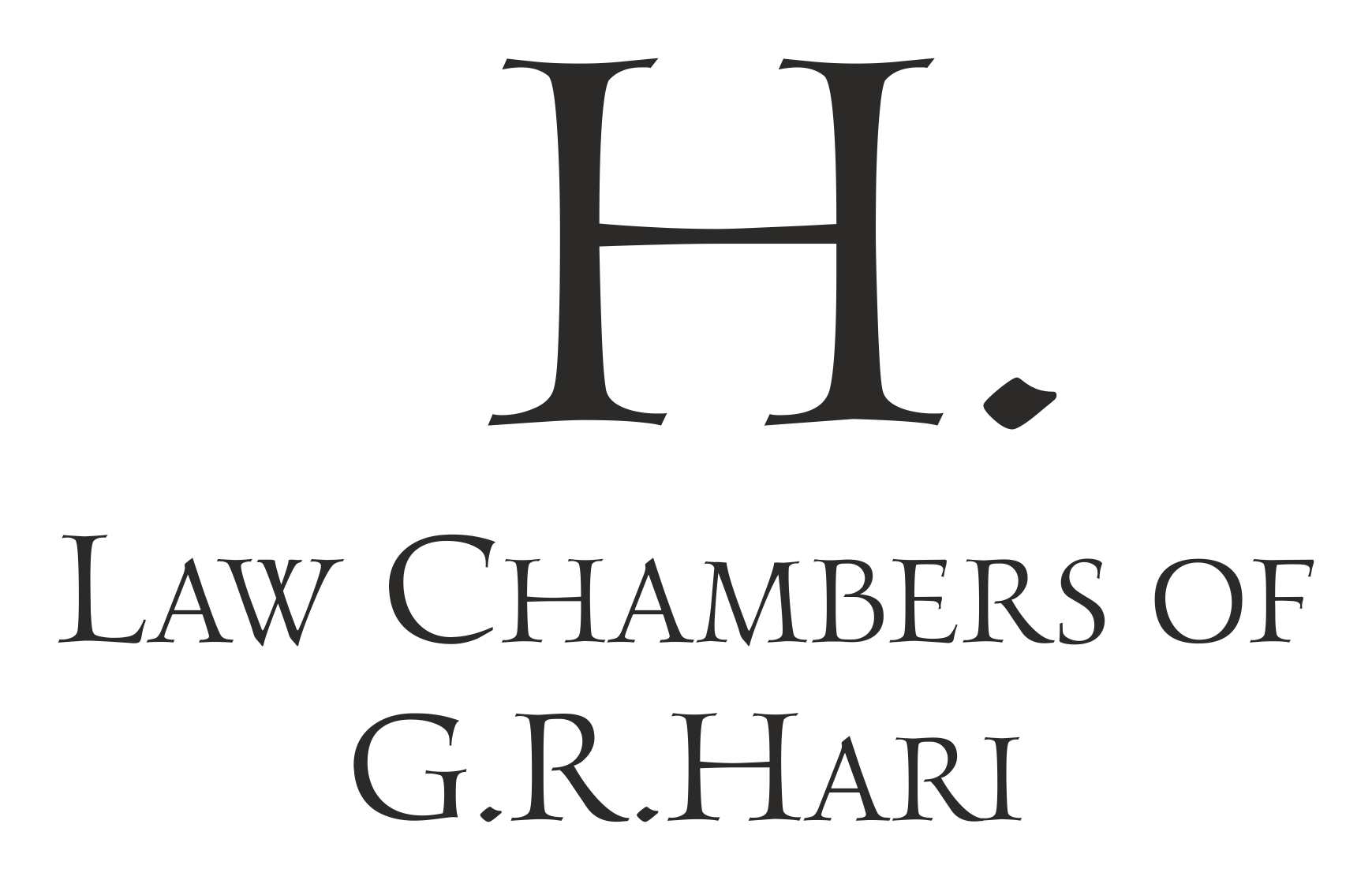In criminal cases in Tamil Nadu, there are usually particular distinctive feature that the Accused on his own accord makes an extra judicial confession to the Village Administrative Officer, after the incident, but prior to his arrest.
In Moorthy vs. State of Tamil Nadu 2023INSC739, this usual feature of making confession before a stranger had come under scanner of the Apex Court, which held that the extra judicial confession made to a stranger does not seem to be believable. The relevant portion of the decision is as follows:
7. We have perused the evidence of PW1 Ganesan who was posted as the Village Administrative Officer at the time of the commission of the offence. He was not permanently posted in Village Seekkarajapuram as he stated that at the time of recording of evidence, he was transferred as Village Administrative Officer to Ranipet. PW1 admitted in the cross examination that he did not know the appellant before he came to him and allegedly made the extrajudicial confession. The incident is of 29th May 2006 but the alleged extrajudicial confession was made on 10th August 2006. It is impossible to understand why would the appellant meet the Village Administrative Officer, who was a total stranger to him, more than two months after the incident for making a confession. PW1 and the appellant were not known to each other till 10th of August 2006. Normally an accused will confide only with a person in whom he has implicit faith. He would not go to a stranger to make a confession of guilt. The fact that the alleged confession was made by him more than two months after the incident makes it more suspicious.
8. PW1 claims that he recorded the statement of the appellant and took a thumb impression of the appellant. There is no evidence adduced by the prosecution to prove the thumb impression. PW1 claims that after making the confession, the appellant took him to the place of the incident which is located near the railway overbridge on the bank of the river Ponnai. PW1 did not take the appellant to the police station after the alleged confession was made. He admittedly did not inform the police immediately after recording the alleged extrajudicial confession. PW1 claims that he visited the place of incident with the appellant who showed him the scene of the alleged offence. Only thereafter he took the appellant to the police. It is also pertinent to note that in his crossexamination, PW1 admitted that there were 67 huts near the place of residence of the appellant and the families residing therein belonged to the same caste as that of the appellant. Thus, there were people around before whom the appellant could have confessed.
9. PW2 was working as an Assistant with PW 1. He has deposed on the same lines as PW1. However, it is not the case of the prosecution that the appellant confided with PW2. He was present when the appellant allegedly made an extrajudicial confession and was recorded by PW1. He stated that he along with PW1 were taken by the appellant to the place where he committed murder and buried the body. He claimed in the cross examination that he knew the appellant before the incident but the appellant did not confide before him.
10. Extrajudicial confession is always a weak piece of evidence and in this case, for the reasons which we have recorded earlier, there is serious doubt about the genuineness of the prosecution case regarding the extrajudicial confession. Therefore, the prosecution case about the extrajudicial confession does not deserve acceptance.

Leave a Reply